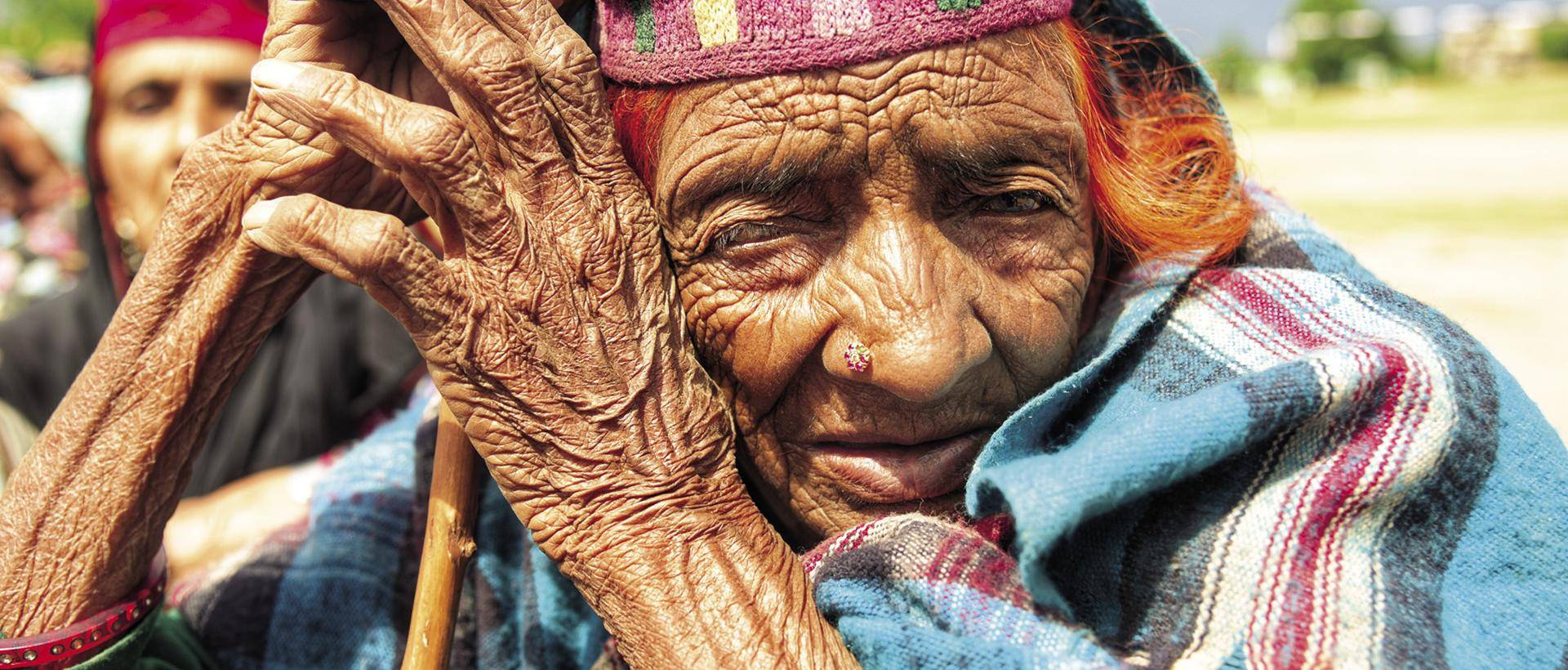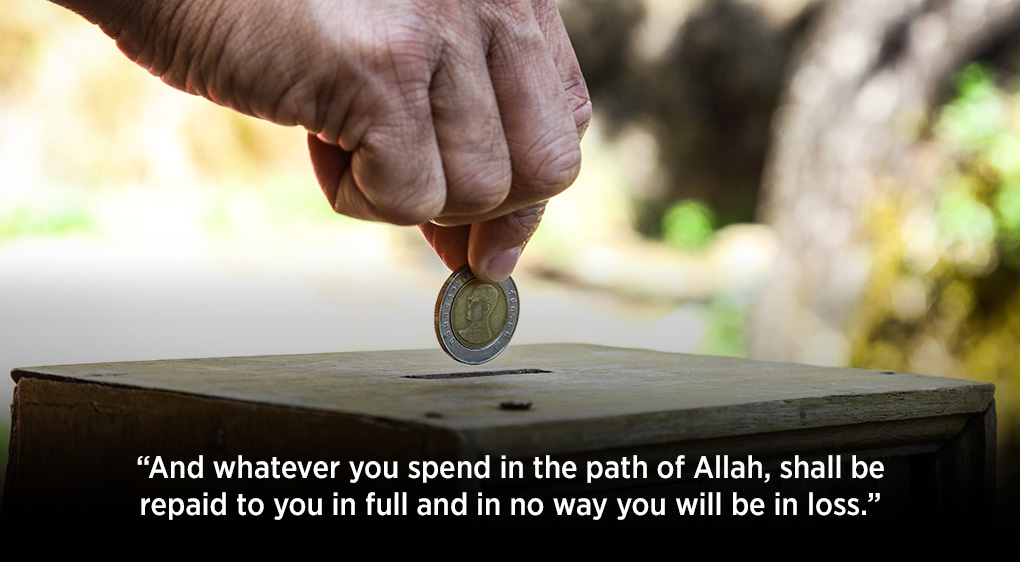
What Is

Zakat
Zakat is an obligatory contribution used to reduce the hardships faced by communities and families living in poverty. Our Zakat donation guide will answer all your questions on the basics of Zakat including who is eligible to pay it, who is eligible to receive it and when you are expected to pay Zakat each year. For any further questions, you should seek advice from your local imam or scholar.
What is Zakat?
Zakat is one of the Five Pillars of Islam in addition to faith (Shahada), prayer (Salat), fasting (Sawm) and pilgrimage (Hajj). The Five Pillars are considered the fundamental beliefs and practices of the Islamic faith and should influence a Muslim’s everyday obligations. A Muslim who lives their life according to the Five Pillars is considered to be living the best life possible, responsible for their faith and good to their community.
Zakat, or charity, is defined as the purification of held wealth. Zakat is a donation which is made once a year when certain conditions are met and held for a full Islamic year. Your Zakat donation is distributed by Orphans in Need to those who are most vulnerable, including impoverished children living in famine, families living in conflict and anyone less fortunate.
Who is Eligible to Pay Zakat?
There is a range of rules associated with paying Zakat, particularly related to who is obligated to make a Zakat payment each year. The majority of these rules are outlined in the Holy Qur’an, which defines those who are qualified to pay Zakat as:
- Of Muslim faith.
- Of sound mind.
- Unbound or free.
- Above the age of puberty.
- Holding positive goods or cash flow.
- Holding wealth greater than the Nisab threshold.
To summarise, an individual is eligible to pay Zakat if they are an adult of Muslim faith, in good health and earning more than the Nisab threshold which designates the minimum value to fulfil their day-to-day needs.
These rules are in place to ensure that only those who are capable of comfortably paying Zakat are obliged to.
What is Nisab?
The Nisab threshold is the amount of wealth that should be held for an individual to be eligible to pay Zakat. This wealth must be held for a specific period of time known as ‘Hawl’. Hawl is the term used to describe a lunar year, which is the Islamic year lasting 354 days. The Nisab amount needs to be met and held for an entire Hawl (Islamic year) before you are eligible to make a Zakat payment.
The Nisab amount is not fixed on a monetary figure but is instead calculated based on a fixed weight of silver – 612.36 grams – and gold – 87.48 grams. There are varying opinions surrounding which Nisab threshold amount should be used, though you can choose to calculate your Zakat on either gold or silver. The most important factor to remember is that your wealth must exceed the Nisab minimum for you to be eligible for paying Zakat.
The silver value is often the lowest Nisab threshold amount and the most commonly used value to calculate Zakat, as it allows for a greater distribution of wealth and in turn, provides support for more people in need.
When is Zakat Due?
Zakat is only due when your wealth, which exceeds the Nisab threshold, has been held for a full Hawl (Islamic year). If your held assets or wealth fall below the Nisab threshold, traditionally, the Hawl period begins again once your wealth exceeds the Nisab limit, however, this differs between groups.
Zakat is calculated on the personal wealth amount held once the end of the Islamic year has been reached, although many communities choose to pay their Zakat during Ramadan when the anticipated rewards are greater.
Your held wealth and assets can fluctuate during the Hawl but should not fall below the Nisab threshold. It does not matter how much your wealth increases or decreases during the year, the Zakat is calculated on the held wealth at the end of the Islamic year. This is to maintain financial security and ensure that no-one is forced to pay Zakat on money which they no longer have and, in turn, put their financial stability at risk.
Some communities consider held wealth at the beginning and the end of the Hawl as the only definitive value, so, talk to your local scholar for further information on paying your Zakat if your held wealth fell below the Nisab value temporarily this year.
How Much is Zakat?
Common Zakat FAQs
Again, we advise that you speak to your local Imam or scholar to have this clarified further.
Additionally, there are schools of thought which believe that a husband cannot pay Zakat to his wife but a wife can pay Zakat to her husband. Again, consult your local scholar for clarification on this.




